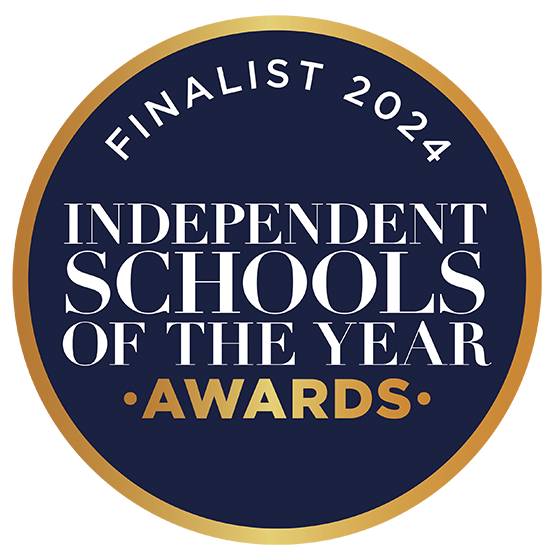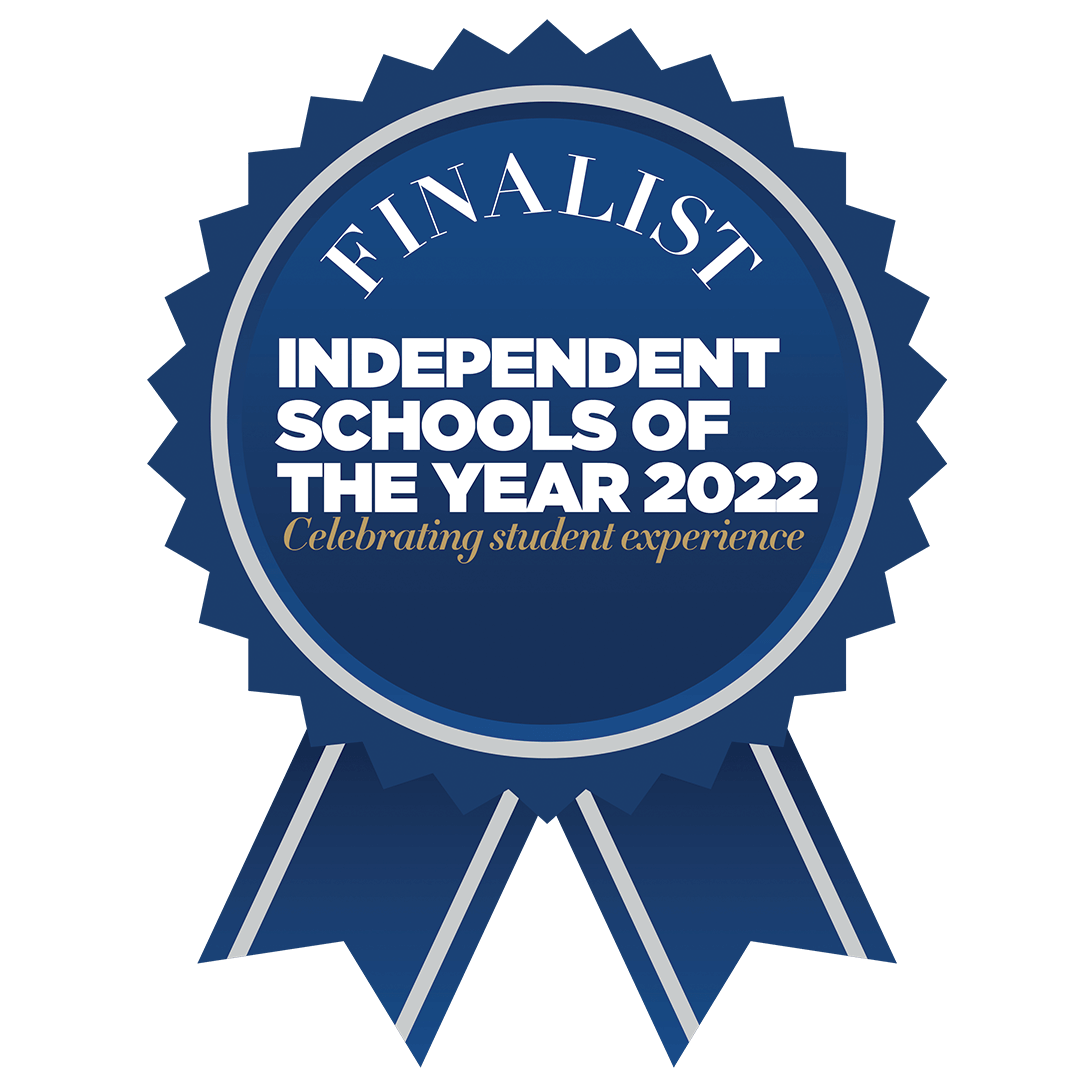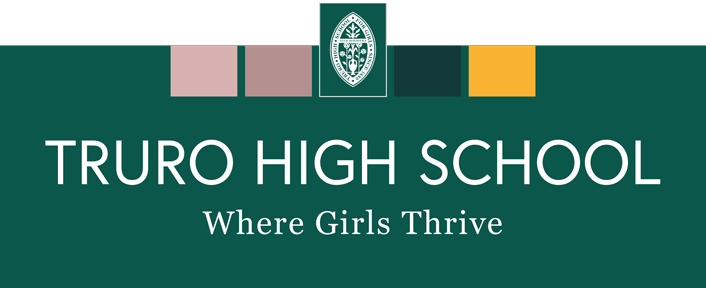Computing
As well as providing facilities and support for all curriculum subjects, our Computing department aims to ensure pupils become confident and competent users of computer and digital technologies.
The senior school currently offers computing lessons to students in Year 7, 8 and 9 and Computer Science at GCSE.
The school’s ICT network runs a wide range of applications and has filtered Internet access. The quality of both the hardware and software available is regularly updated to ensure staff and pupils have access to ICT facilities that are comparable and compatible with those in business.
A high-quality computing education equips pupils to understand and change the world through computational thinking. It develops and requires logical thinking and precision, in many ways replacing the role of Latin for this purpose. It combines creativity with rigour: pupils apply underlying principles to understand real-world systems, and to create purposeful and usable artefacts. More broadly, it provides a lens through which to understand both natural and artificial systems, and has substantial links with the teaching of mathematics, science, and design and technology.
At the core of computing is the science and engineering discipline of computer science, in which pupils are taught how digital systems work, how they are designed and programmed, and the fundamental principles of information and computation. Building on this core, computing equips pupils to apply information technology to create products and solutions. A computing education also ensures that pupils become digitally literate – able to use, and express themselves through, information and communication technology – at a level suitable for the future workplace and as active participants in a digital world.
Year 7, 8 and 9
Over the three KS3 years, the girls will design and develop interactive Electronic Stories, a Website and a Business Filing System (database) and will learn to code Educational and Business Software. They will also be introduced to the fundamentals of robotics and robot control technology.
GCSE Computer Science
Computing is becoming increasingly important in today’s modern society, and anyone who has specialised computing skills is in a very good position for their future career development. In the Computing Industry jobs will never be scarce. Programmers, Systems Engineers, Web Developers, Cyber-Security experts etc. are much in demand (as a look at the computing press will reveal), with high salaries possible. The industry particularly wants to encourage girls into it, so opportunities for females are likely to be very good.
Students will learn that computer technology continues to advance rapidly and is changing at an ever increasing pace over recent years, with the growth in the use of mobile devices and web-related technologies. Much of the course will concentrate on computer programming, where Python will be used extensively. The theory of computer hardware and software will also be covered, including the basics of machine-code.
We will be taking the OCR GCSE (9 -1) in Computer Science. This is assessed by two one and a half hour papers, which include coding as an essential element. The pupils also have to do a longer piece of programming project work to be given a grade, though the coursework is not part of the final assessment.


